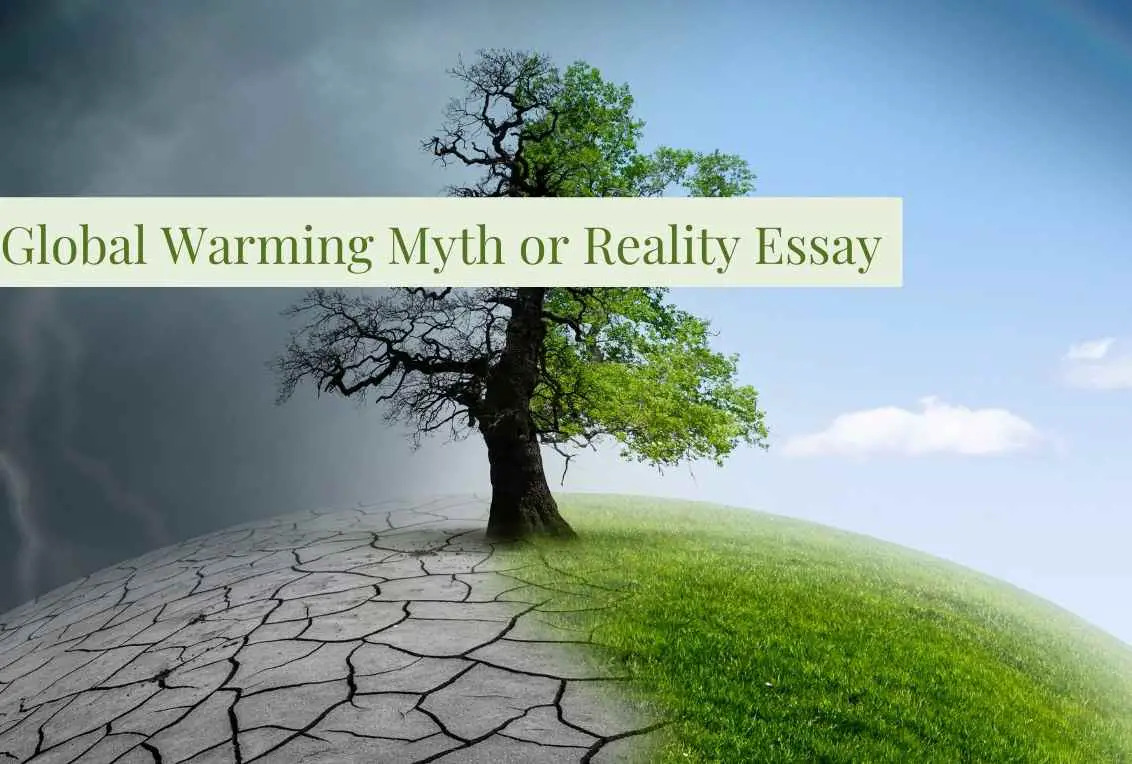
Global warming has been a well-debatable topic for many years, and many believe it is a myth, while others believe it is a reality. So, let us discuss global warming and what it means for our planet.
Global warming is the long-term increase in Earth’s average surface temperature due to human activities, predominantly burning fossil fuels that release greenhouse gases into the atmosphere. These greenhouse gases, such as carbon dioxide, methane, and nitrous oxide, trap heat in the atmosphere and cause a warming effect.
Scientists and researchers have found that global warming is indeed a reality. They have studied the Earth’s temperature records and found that its temperature has risen consistently since the late 1800s. In fact, according to NASA, the 20 warmest years on record have all occurred since 1981, with the hottest being 2016, 2019, and 2020.
The evidence shows that this warming trend is primarily due to human activities. Burning fossil fuels releases large amounts of carbon dioxide into the atmosphere, which long-term affects the Earth’s climate. In addition to burning fossil fuels, other human activities, such as deforestation and agricultural practices, also contribute to global warming.
The effects of global warming are already being felt around the world. One of the most visible effects is melting polar ice caps, leading to rising sea levels. According to NASA, sea levels have been increased by about 8 inches (21 cm) since 1880, and this rise is accelerating.
Another impact of global warming is more frequent and severe heat waves. Heat waves become more common and dangerous as the planet’s temperature rises, especially for vulnerable populations such as the elderly and young children.
Global warming can also lead to changes in precipitation patterns, which can cause droughts in some areas and floods in others. These changes in weather patterns can significantly impact agriculture, food production, and water availability.
Despite the overwhelming evidence for global warming, some argue it is a myth and often points to isolated incidents of extreme weather, such as a freezing winter or a late snowfall, as evidence that global warming is not occurring. However, it is essential to note that these extreme weather events are just that – extreme events – and do not negate the overall warming trend scientists observe.
Furthermore, many of these individuals point to natural factors such as solar activity or volcanic eruptions as the cause of global warming rather than human activities. However, scientific research has shown that biological factors alone cannot account for the observed warming trend and that human activities are the primary cause.
We must take action to mitigate the effects of global warming by reducing greenhouse gas emissions and transitioning to a more sustainable and clean energy system. However, the above means reducing our reliance on fossil fuels and increasing the use of renewable energy sources such as solar and wind power. Individuals can also take action by reducing their carbon footprint by driving less, using energy-efficient appliances, and reducing meat consumption. Governments can implement policies such as carbon taxes and incentives for renewable energy to encourage a transition to a low-carbon economy.
In conclusion, global warming is a reality, and the evidence overwhelmingly supports this. The effects of global warming are already being felt worldwide, and we must take action to reduce greenhouse gas emissions and transition.


